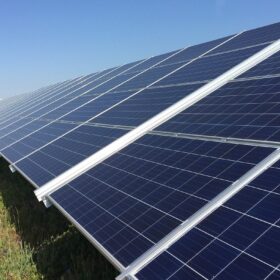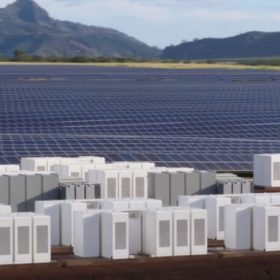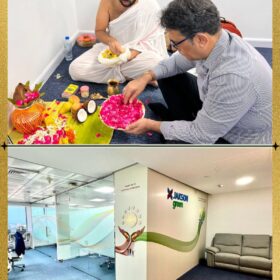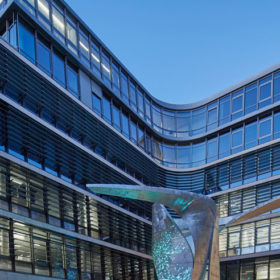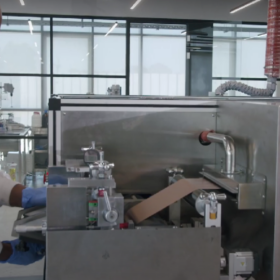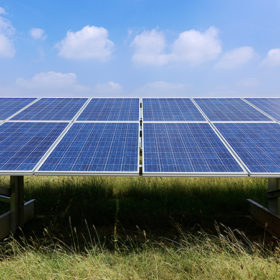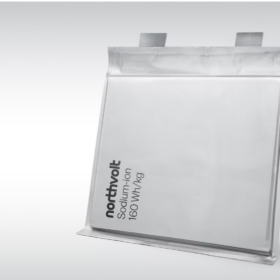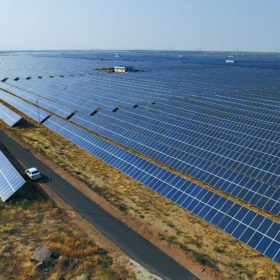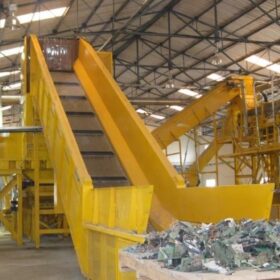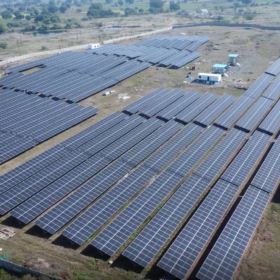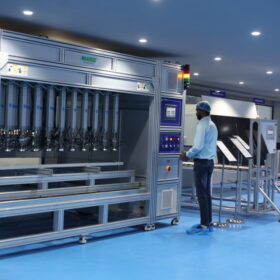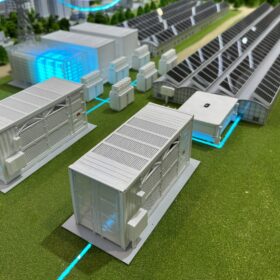Fostering solar adoption requires a holistic approach
While the benefits of solar adoption are evident, challenges persist. The irregularity of solar power and the lack of efficient storage technologies remain primary concerns. The upfront costs of solar installations, though decreasing, remain a barrier for many. Complex regulations and bureaucratic hurdles often deter individuals and businesses from embracing solar energy. Addressing these challenges demands a concentrated effort.
SECI launches 1 GW renewables, storage tender
Solar Energy Corp. of India (SECI) is inviting bids from developers to supply 1.5 GW of firm, dispatchable power from renewable energy projects with storage systems. The successful bidders will set up RE projects with storage on a build-own-operate basis to supply RE power in a demand-following manner. Bids can be submitted till Jan. 9, 2024.
HPCL lays foundation stone for 100 MW solar project in Andhra Pradesh
Hindustan Petroleum Corp. Ltd will build the 100 MW solar project at Galiveedu for self-consumption.
Jakson Green opens office in Dubai
Jakson Green has set up an office in Dubai as it looks to increase its presence in sustainable energy solutions across the Middle East and North Africa (MENA) region. The company said its Dubai office will help it foster closer collaborations with partners and clients in the region.
Siemens profit 36% up YoY in July-Aug-Sept quarter
Siemens Ltd has announced a revenue of INR 5,297 crore and net profit (profit after tax) of INR 534 crore in the fourth quarter of financial year 2023 ended September 30, 2023.
Waaree signs MoU with Israel’s 3DBattery to develop energy storage solutions
Waaree Technologies plans 5 GWh battery cell production capacity leveraging 3DBattery’s lithium-ion and sodium-ion battery technology.
The Hydrogen Stream: Odisha approves four green hydrogen, ammonia projects worth INR 45,865 crore
The state government of Odisha has approved green hydrogen and green ammonia projects of Welspun New Energy, Sembcorp Green Hydrogen, and ReNew E-Fuels.
Tata Power secures Letter of Award for 200 MW renewables, storage project
Tata Power Renewable Energy Ltd will develop a hybrid power plant comprising solar, wind, and battery storage components to ensure 200 MW of firm and dispatchable renewable power supply. The project has been awarded by SJVN.
Northvolt unveils 160 Wh/kg sodium-ion battery
Swedish battery maker Northvolt has developed its first sodium-ion battery in partnership with Uppsala University spinoff Altris. The cell has been validated for an energy density of more than 160 Wh/kg and is designed primarily for energy storage applications.
The Hydrogen Stream: Germany, Italy plan hydrogen pipeline to North Africa
Germany, in collaboration with Italy, has revealed plans to import hydrogen from Northern Africa.
